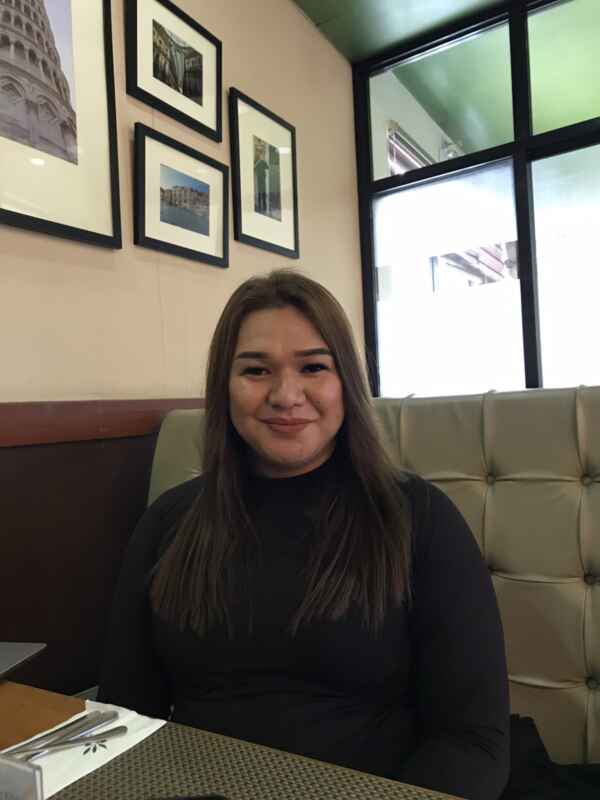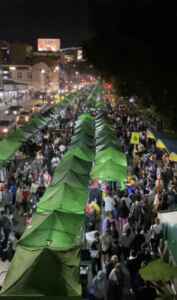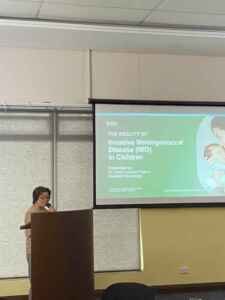BAGUIO’S LGBTQ+ COMMUNITY THRIVES

Pride Month in Baguio City has grown into a meaningful movement. Van C. Sanchez, founder of the Cordillera Pride Community Leaders (CPCL), notes that despite the struggles the LGBTQ+ community has faced, the sector has remained firm and resilient. Sanchez’s own journey reflects the broader experiences of the LGBTQ+ community in Baguio. “When I was in service, imagine 11 years in service as a public servant in the community. I saw the hardships and efforts of LGBT individuals, their struggles. That’s why we’re aiming for one Cordillera Pride. So, under my leadership, we leave no one behind.”
A History of Pride in Baguio
Pride Month was inspired by the 1969 Stonewall Riots and has since become a call for equality, unity, and recognition for the LGBTQ+ community. Baguio City began celebrating Pride Month in 2000, pausing in 2006 and during the pandemic. 2021 marked a symbolic return for the community through a Pride March Walk on the city’s main streets, sending a clear message that the LGBTQ+ sector is steady in their advocacies. Sanchez said for her and the community she represents, Pride Month in Baguio is more than a celebration—it’s a reminder of the battles they continue to face and the solidarity they continue to build.
Advocacies and Achievements
Today, CPCL is a vital force behind organizing Pride Month activities and advocating for local policies that protect LGBTQ+ individuals in Baguio City. “I give them a beautiful color, a sense of hope, that they are not alone. It’s because we are here for each other,” Sanchez said. One of the community’s biggest wins is the passing of the Anti-Discrimination Ordinance in Baguio. “That’s the only document we hold that can prove we are secured by the government.” The SOGIE Equality Bill—which would offer broader legal protections based on sexual orientation, gender identity, and expression—remains stalled in Congress.
Ongoing Challenges and Hopes for the Future
Sanchez said another ongoing struggle is the stigma in health, especially related to HIV and AIDS. “Our challenge for now, this coming [June] 28, we are afraid of being blamed that the disease originates from us because our cases of HIV and AIDS are high,” Sanchez admitted. “So, until now, what we emphasize is equal treatment. And respect. And of course, the acceptance of every LGBT person among us.” Despite the challenges, Sanchez sees a more supportive environment emerging in Baguio. “Before, it was so hard to lobby for these kinds of LGBT programs. Now, I see that it’s okay because it’s improving. The youth today, they already know how to acknowledge LGBT. They also know how to be sensitive.” Sanchez hopes that the community continues to grow with self-respect and responsible representation. She reminds her fellow LGBTQ+ members that how they present themselves in public affects how others perceive them.
By Glyna Ritch Sabado
Lifestyle
TAM-AWAN FEATURES BULACAN ARTISTS
June 22, 2025
BAGUIO’S LGBTQ+ COMMUNITY THRIVES
June 22, 2025
DRAWING CROWDS AT THE BAGUIO NIGHT MARKET
June 22, 2025
PERSON WITH DREAMS FROM ISABELA INSPIRES
June 18, 2025
NATIONAL KIDNEY MONTH, TINALAKAY ANG KAHALAGAHAN NITO
June 14, 2025
STRAVAKLAAN
June 14, 2025






